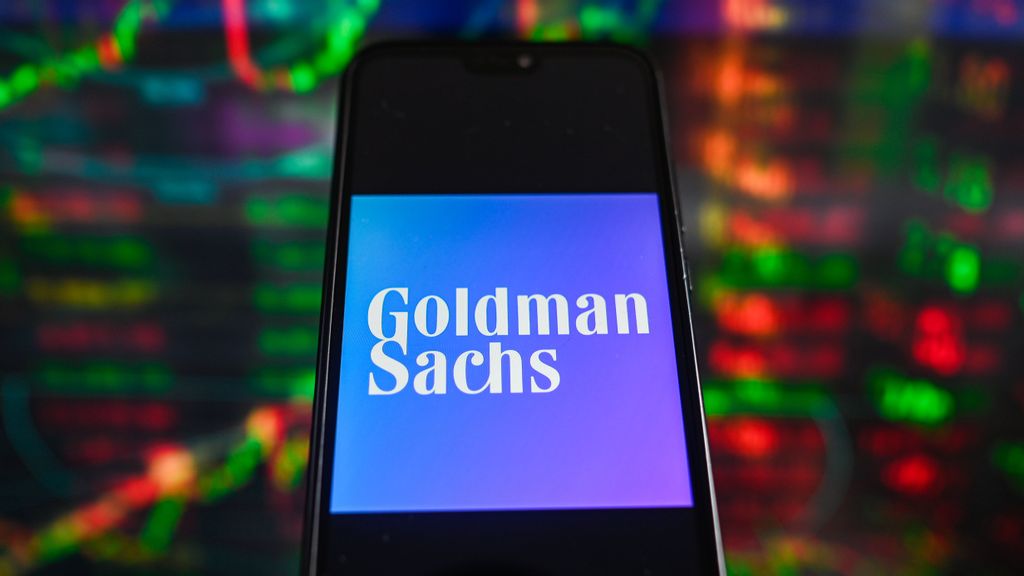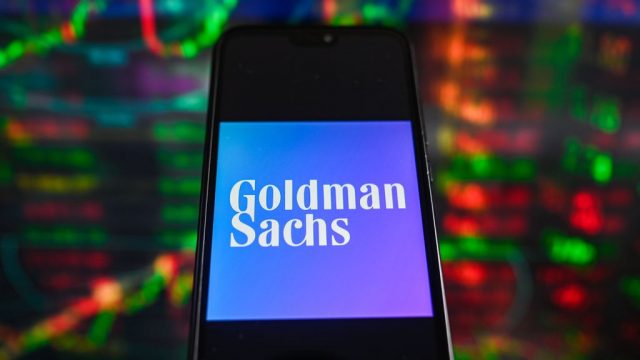
The surge in artificial intelligence (AI) investment could have a more profound effect on the U.S. gross domestic product (GDP) than historical milestones such as the invention of electricity or the emergence of personal computers.
That’s according to Goldman Sachs (NYSE: GS) eonomists Joseph Briggs and Devesh Kodnani. “Generative AI has enormous economic potential and could boost global labor productivity by more than 1 percentage point a year in the decade following widespread usage,” they wrote.
The report, cited by Coindesk, emphasized that for such a transformative shift to take place, businesses must commit to “significant upfront investment in physical, digital, and human capital to acquire and implement new technologies and reshape business processes.”
Global investments in this area could reach roughly $200 billion by 2025, and these investments are expected to precede the “adoption and efficiency gains start driving major gains in productivity,” as per the bank’s analysis.
In the long run, AI investment could account for between 2.5% and 4% of U.S. GDP, and between 1.5% and 2.5% of other AI-leading nations’ GDP.
The report noted, “Despite this extremely fast growth, the near-term GDP impact is likely to be fairly modest given that AI-related investment currently accounts for a very low share of U.S. and global GDP.”

Global investments in this area could reach roughly $200 billion by 2025, and these investments are expected to precede the “adoption and efficiency gains start driving major gains in productivity,” as per the bank’s analysis. The analysts further pointed out that while investment to date has been concentrated on model development, a “substantially larger hardware and software push will be required for generative AI to scale.”
The report concluded that the impact of AI adoption on the U.S. economy is likely to become significant sometime between 2025 and 2030.
Produced in association with Benzinga




